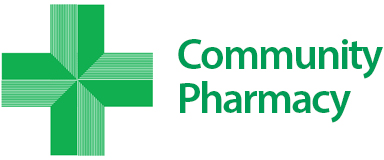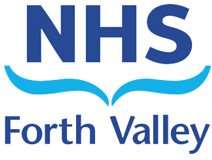Guidance to support Community Pharmacy teams in an emergency
A community pharmacy is a unique setting where people can come in, without appointment, seeking help. In some circumstances, these requests will be for emergency or urgent care or for information about sources of help or support.
A list of useful emergency contacts has been circulated to all community pharmacies.
Physical or Mental medical emergency
If someone required care for a medical emergency whether it is physical or mental, an ambulance should be called on 999.
If the medical issue is urgent but not an emergency the person’s GP practice or NHS24 should be contacted. This may be to speak to the General Practitioner, but it may also be to contact the Health Visitor, District Nurses, Practice Pharmacist, Mental Health Practitioner etc.
Local and national services can also be used in certain circumstances. The Naloxone Service allows a pharmacy to give out naloxone without a prescription for immediate use to treat an opiate overdose.
Additionally, the supply and/or administration of medicines may be required in an emergency, lifesaving situation. For example, the administration of adrenaline via an adrenaline autoinjector to treat anaphylaxis, or the supply of a salbutamol inhaler or a GTN spray to a person having an asthma or angina attack respectively. These supplies are legally allowed by: The Human Medicines Regulations 2012 (legislation.gov.uk). The supply would be made immediately with any documentation, CPUS, or record being completed as soon as possible afterwards.
Concern for the welfare of adults or children
As a community pharmacy team, you will see patients and customers regularly for a number of different issues.
If you are worried about the welfare of an adult or child, the Adult Protection or Child Protection teams should be contacted.
The pages at the above links give more information about how to contact their teams. The teams should be contacted even if you are unsure there is an issue. They are able to discuss your concerns and what the next step would be. It may be that the person or family are known to the team and the information adds to what they already know.
As many community pharmacy services are ‘stand-alone’ and the GP does not need to be informed, the pharmacy may be the only healthcare team to be aware of an issue. Examples of this may include parents requesting Pharmacy First more frequently than usual for their child or a young
person regularly asking for EHC. In both these cases, the pharmacy team will be alert to the possibility of an underlying medical issue or need but they should also be alert to the possibility of neglect or abuse.
For all substance use queries
Within Forth Valley there is a single point of access for support and referral to the NHS Substance Use Service. This is via Change, Grow, Live (CGL). The team can accept referrals from all sources e.g. self-referral, family, professionals etc. They can also offer help and guidance to pharmacy teams to support these patients. Freephone: 0808 1962188
The protocol for substance use clients is to contact CGL is they miss three doses. CGL should also be contacted if patients regularly miss single doses or if you notice a change in their behaviour or presentation. As you will see many of these patients on a daily basis you may be the first to notice a deterioration in hygiene or mood. This could be an early sign that they are struggling and, by notifying CGL, an early intervention may be made by their keyworker.
When a patient has a chronic illness or condition, the community pharmacy team will often have more contact with the carer than the patient. This vital person will also need support and may be reluctant to ask. There are many sources of advice including:
- The Carers Trust – Carers Trust · Stirling Carers Centre – 01786 447003 ·
- Falkirk and Clackmannanshire Carers Centre – centralcarers.org 01324 611510
- Carers UK – Scotland | Carers Scotland
Additional sources of support
Below are lists of further contacts which may be of use in non-emergency situations to signpost someone to the most appropriate source of help.


